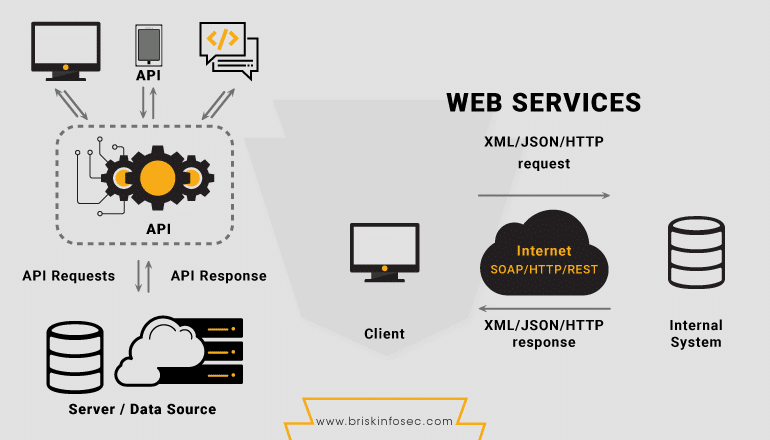Is It Possible for a Website to Achieve 100% Security?
Understanding Website Security
What is Website Security?

Can a website be 100% secure? The protection of data that is transferred and kept on your website from being accessed, modified, or destroyed by unauthorized parties is what is meant by the term “website security.” Additionally, it entails the implementation of a variety of technologies, protocols, and best practices in order to protect not only the website itself but also the sensitive information that it manages. https://diversewebsitedesign.com.au/website-maker/
The Constant Threat of Cyber Attacks
Websites are subject to an ever-expanding variety of cyber dangers in this day and age of digital technology. There is a constant search for vulnerabilities that hostile actors are looking to exploit. These vulnerabilities can range from simple brute force attacks to sophisticated hacking techniques. Injections of malware, distributed denial of service attacks, SQL injections, cross-site scripting (XSS), and other forms of attacks are all examples of these types of threats.

Challenges in Achieving 100% Security
The Myth of Absolute Security
In spite of the greatest efforts of website owners and professionals in the field of cybersecurity, it is nearly impossible to achieve a security level of one hundred percent. As a result of the dynamic nature of cyber threats, new vulnerabilities are continually appearing, which makes it difficult to stay one step ahead of hostile actors.
Human Error and Insider Threats
In spite of the stringent security measures that have been implemented, human error continues to be a key contributor to breaches in cybersecurity. It is possible for employees and website administrators to inadvertently undermine security in a variety of ways, including using weak passwords and accidentally leaking data. Furthermore, insider threats present a one-of-a-kind risk because individuals who have legitimate access to sensitive data may willfully misuse or abuse their credentials.
Complexity of Web Technologies
The construction of modern websites involves the utilization of a wide range of intricate technologies and frameworks, each of which possesses its own unique set of possible vulnerabilities. There are potential security hazards associated with every component of a website, including content management systems (CMS) such as WordPress and e-commerce platforms such as Magento. Patching and updating these systems on a regular basis is essential in order to address existing vulnerabilities; nonetheless, it is impossible to ensure that new vulnerabilities will not appear in the future.
Best Practices for Enhancing Website Security
Implementing Robust Authentication Mechanisms
Making sure that robust authentication measures are in place is one of the key foundations that support the security of a website. Among these measures are the implementation of multi-factor authentication (MFA), the enforcement of difficult password regulations, and the routine assessment of user access privileges. It is possible to dramatically minimize the likelihood of illegal access by demanding many kinds of verification. This eliminates the possibility of a single factor being compromised.
Regular Security Audits and Penetration Testing
Undertaking security audits and penetration testing on a regular basis is absolutely necessary in order to detect vulnerabilities and take preventative measures to remedy them. By simulating actual cyber attacks, these evaluations will help you identify areas of your website’s security that could use improvement. A considerable reduction in the likelihood of a successful breach can be achieved by locating and fixing vulnerabilities before they are able to be exploited by bad actors.
Continuous Monitoring and Incident Response
The implementation of comprehensive monitoring and incident response protocols is a crucial component, in addition to the implementation of preventative measures. You will be able to discover and respond to security problems in real time if you regularly monitor your website for suspicious activity and behavior that is out of the ordinary. In the event of a breach, prompt incident response can assist lessen the impact of the breach and avoid future damage to your website and data.
The Importance of Cybersecurity Awareness
Education and Training

Cybersecurity is not solely the duty of those who work in information technology; rather, it calls for a concerted team effort from all parties involved. Important as it is to educate employees and website users about the significance of cybersecurity and the best practices for protecting sensitive information, it is essential to educate them. Phishing efforts should be recognized, strange links should be avoided, and one should practice excellent password hygiene. These are all subjects that should be included in training programs.
Building a Culture of Security
When it comes down to it, ensuring comprehensive website security includes more than just putting in place technical safeguards; it also demands establishing a culture of security within your firm. In order to accomplish this, it is necessary to cultivate knowledge, accountability, and a proactive approach to detecting and addressing security issues at every level of employment within the business.
Conclusion
Striving for Continuous Improvement
In spite of the fact that obtaining a security level of one hundred percent could be an unreachable objective, it is necessary for website owners and administrators to always work toward improvement. They are able to effectively limit the risk of cyber assaults and protect their websites and data by carrying out the implementation of stringent security measures, maintaining awareness of emerging threats, and cultivating a culture of security inside their enterprises. Always keep in mind that cybersecurity is not a one-time solution but rather an ongoing effort. Can a website be 100% secure?






